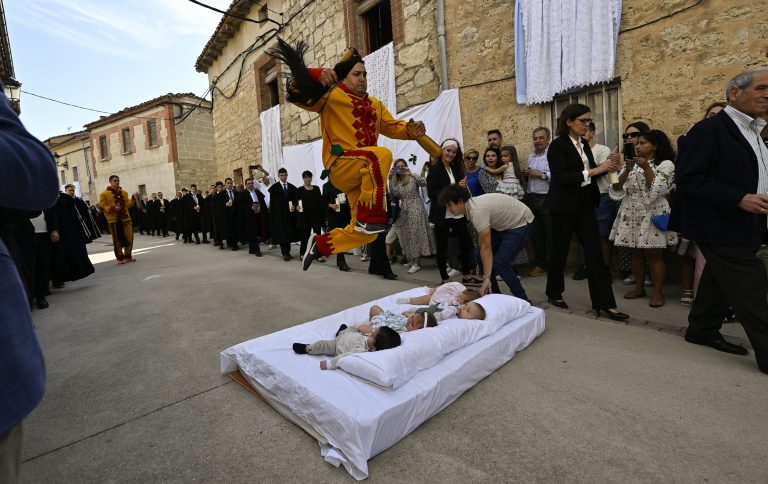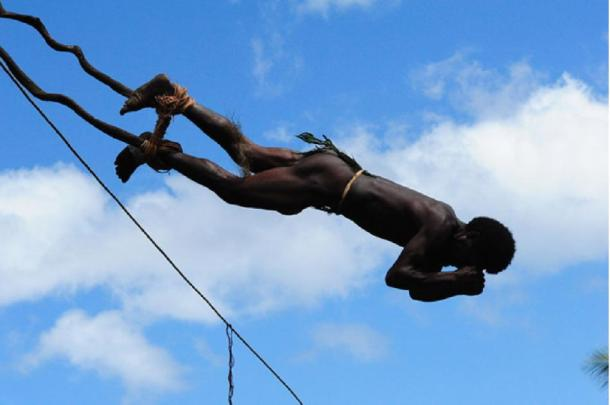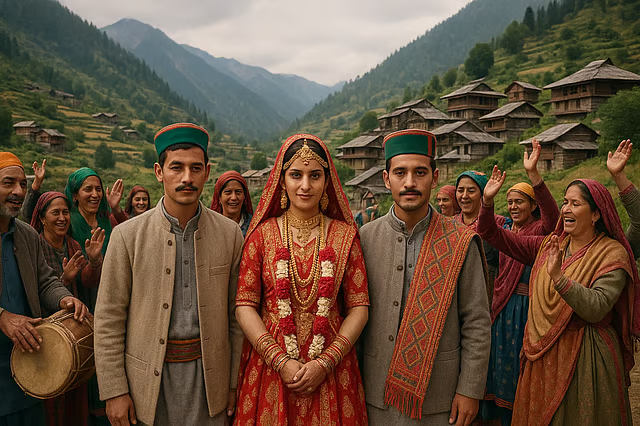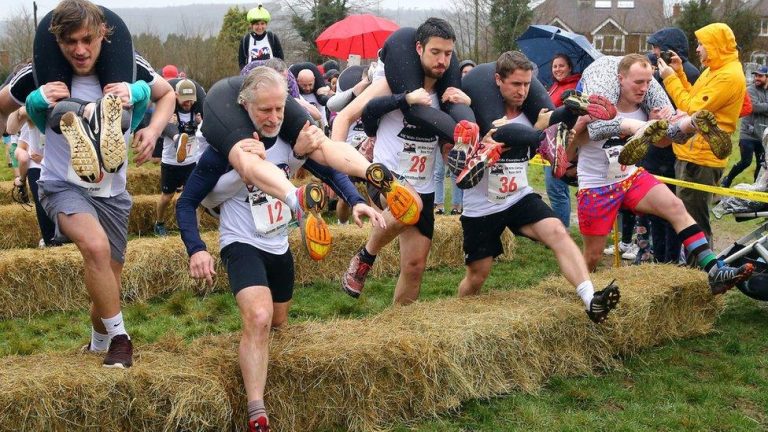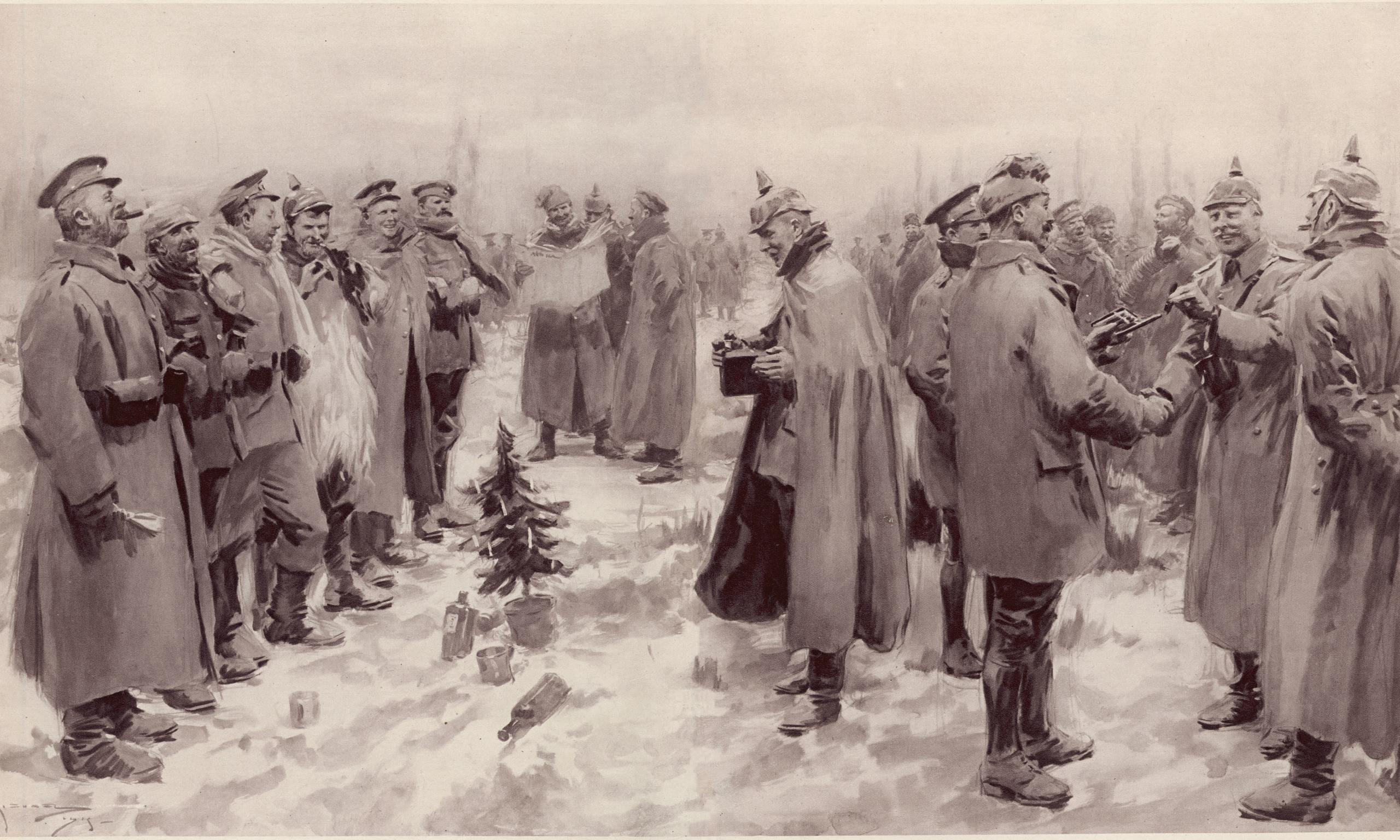
innovuscollege.com – World War I, often overshadowed by its predecessor and successor, was a monumental conflict that reshaped nations and societies. While major battles and political events are well-documented, many intriguing occurrences often slip under the radar. Here are some lesser-known historical events from World War I that highlight the complexity and breadth of this global conflict.
1. The Christmas Truce of 1914
One of the most remarkable occurrences during WWI was the Christmas Truce of 1914. In the midst of brutal trench warfare, soldiers from both sides spontaneously laid down their arms on Christmas Eve. This unofficial ceasefire allowed troops to exchange greetings, share food, and even play soccer in no-man’s land. While this moment of camaraderie was fleeting, it served as a poignant reminder of shared humanity amidst the horrors of war.
2. The Great Influenza Pandemic
The Great Influenza Pandemic of 1918, often overshadowed by the war itself, had a devastating impact on soldiers and civilians alike. The flu spread rapidly through military camps and the trenches, affecting millions. Estimates suggest that up to 50 million people worldwide succumbed to the virus, making it one of the deadliest pandemics in history. The pandemic not only influenced troop morale but also shaped public health policies for years to come.
3. The Use of Poison Gas
While chemical warfare is often associated with WWI, the extensive use of poison gas, such as chlorine and mustard gas, was both shocking and controversial. The first large-scale use occurred at the Second Battle of Ypres in 1915, leading to horrific injuries and long-term health effects for those exposed. Many soldiers faced psychological trauma from gas attacks, and the ethical implications of using such weapons led to post-war treaties aimed at banning chemical warfare.
4. The Role of Animals in Warfare
Animals played a significant yet often overlooked role in WWI. Horses, mules, and dogs were crucial for transportation, communication, and even companionship. The British Army alone used over a million horses during the war. The bravery of these animals was recognized, leading to the establishment of the Animal Medals of Honor, which honored those who served valiantly.
5. The Armenian Genocide
During WWI, the Ottoman Empire undertook the systematic extermination of the Armenian population, an event that is often referred to as the Armenian Genocide. Between 1915 and 1922, an estimated 1.5 million Armenians were killed or deported. This tragic event remains a sensitive and contentious topic in international relations, as many countries continue to debate its recognition and the implications of historical accountability.
6. The Espionage Act of 1917
In response to the growing anti-war sentiment and the threat of espionage, the United States passed the Espionage Act of 1917. This legislation made it a crime to interfere with military operations or support the enemy, and it resulted in the arrest of thousands of individuals, including activists and dissenters. The act highlighted the tension between national security and civil liberties, a debate that resonates even today.
7. The Battle of Verdun’s “Poisonous Gas”
The Battle of Verdun in 1916 is famous for its attrition warfare, but a lesser-known aspect is the innovative use of “poisonous gas.” Although gas attacks were already in use, the Germans employed a new technique by dispersing gas through artillery shells rather than canisters. This tactic increased the lethality of gas warfare and led to significant casualties. The battle itself became a symbol of French national pride and resilience.
8. Women in the Workforce
World War I brought about significant changes in gender roles, particularly in the workforce. With men enlisted in the military, women stepped into roles traditionally held by men, working in factories, driving vehicles, and serving as nurses on the front lines. This shift laid the groundwork for the women’s rights movement in the years following the war, ultimately leading to changes in labor laws and societal norms.
Conclusion
World War I was a multifaceted conflict with far-reaching consequences. The lesser-known events and stories reflect the complexities of the war, showcasing human resilience, innovation, and tragedy. By exploring these hidden narratives, we gain a deeper understanding of not only the war itself but also its lasting impact on the world today. Remembering these moments allows us to honor those who lived through them and learn from the past as we move forward.

